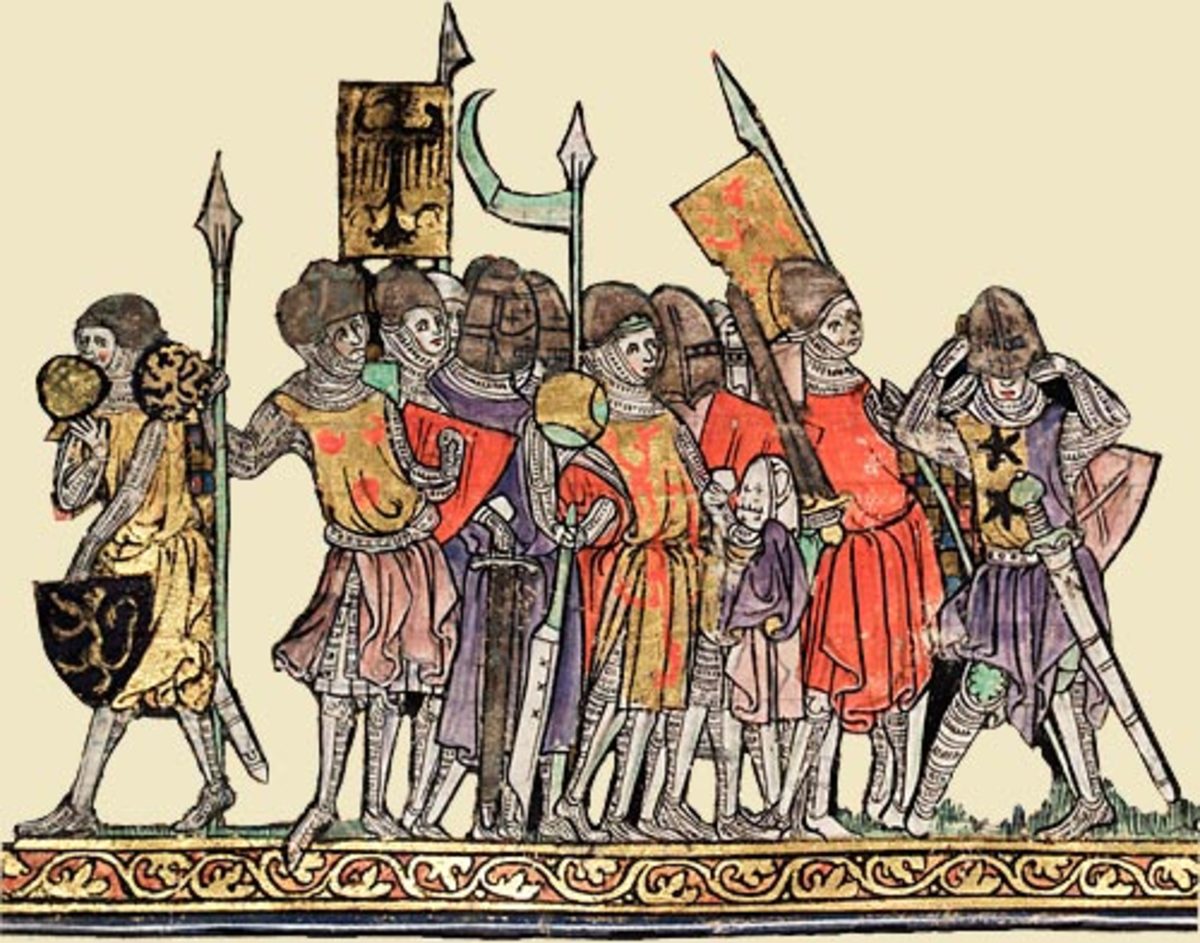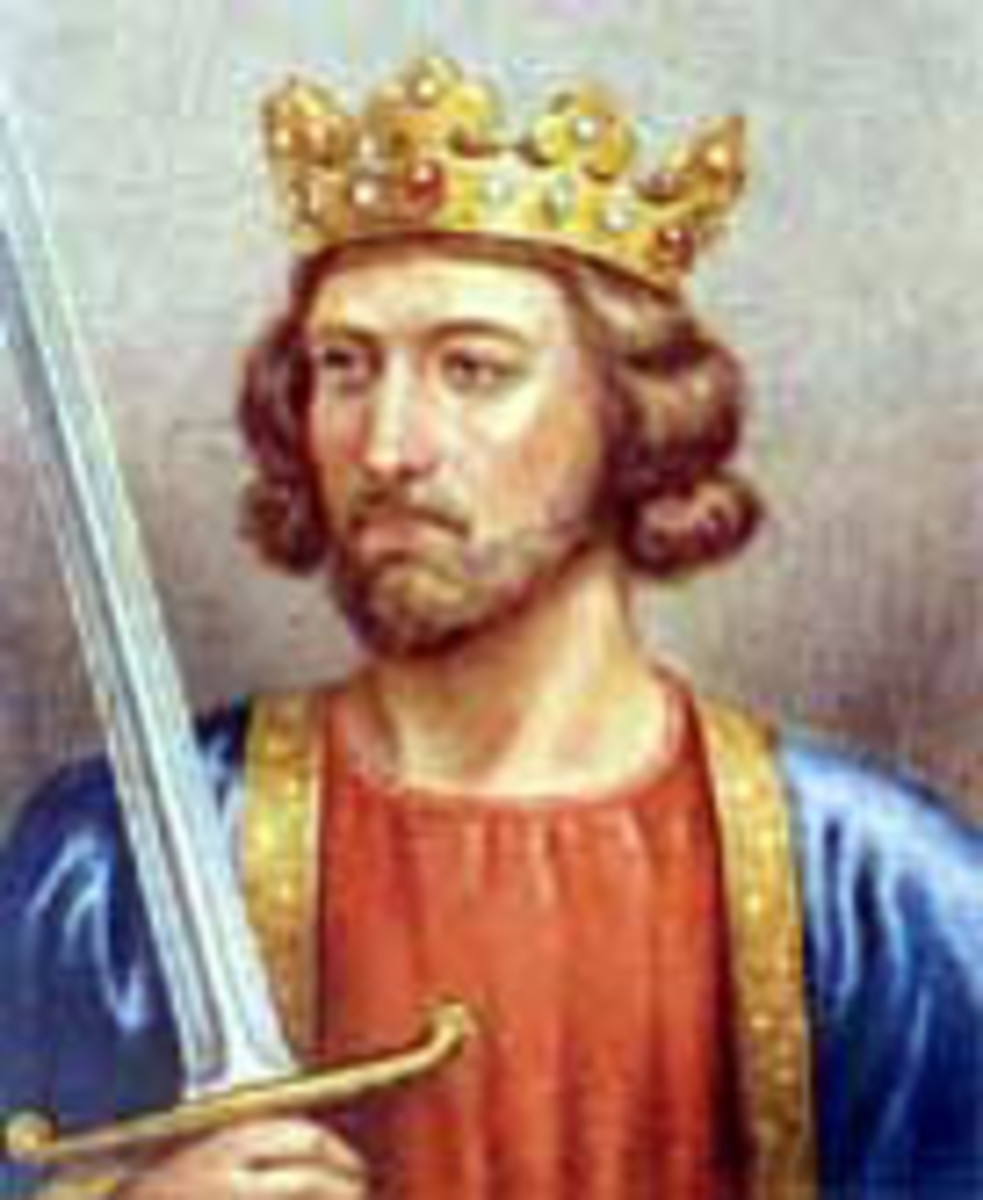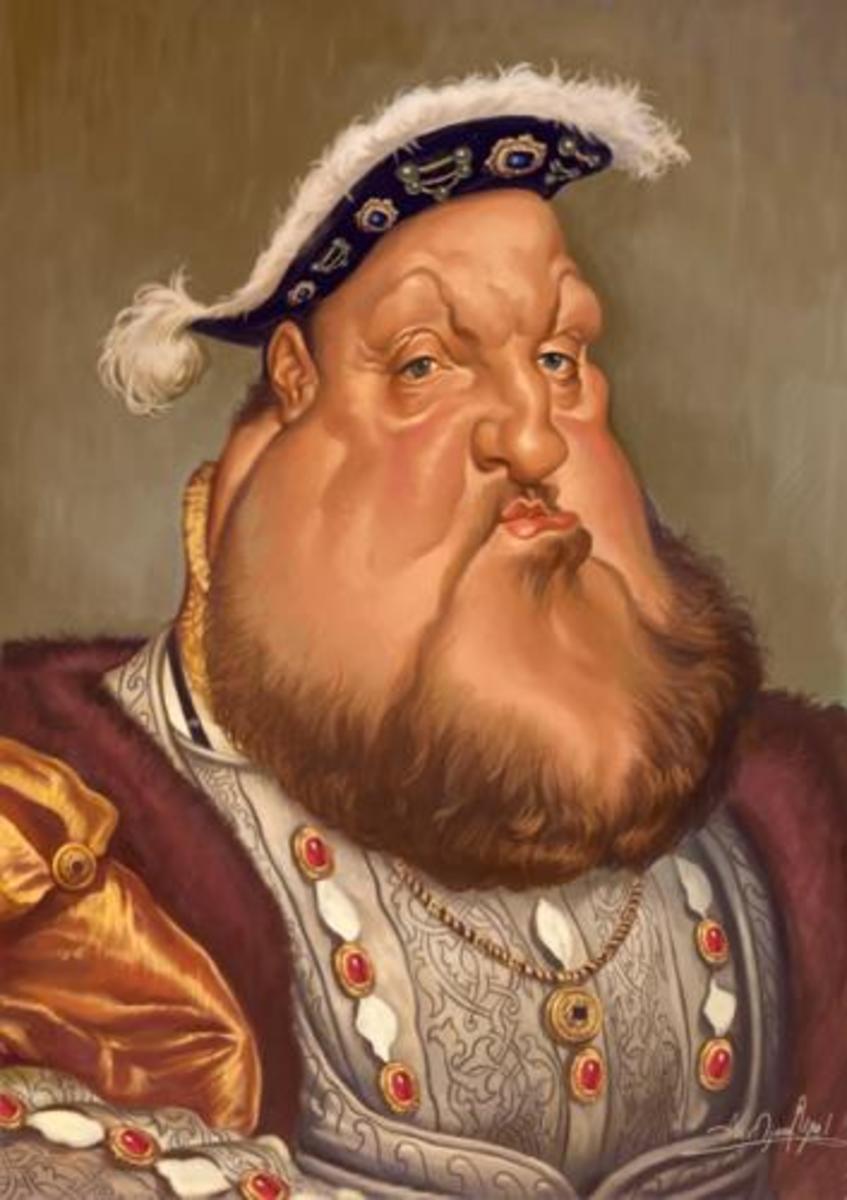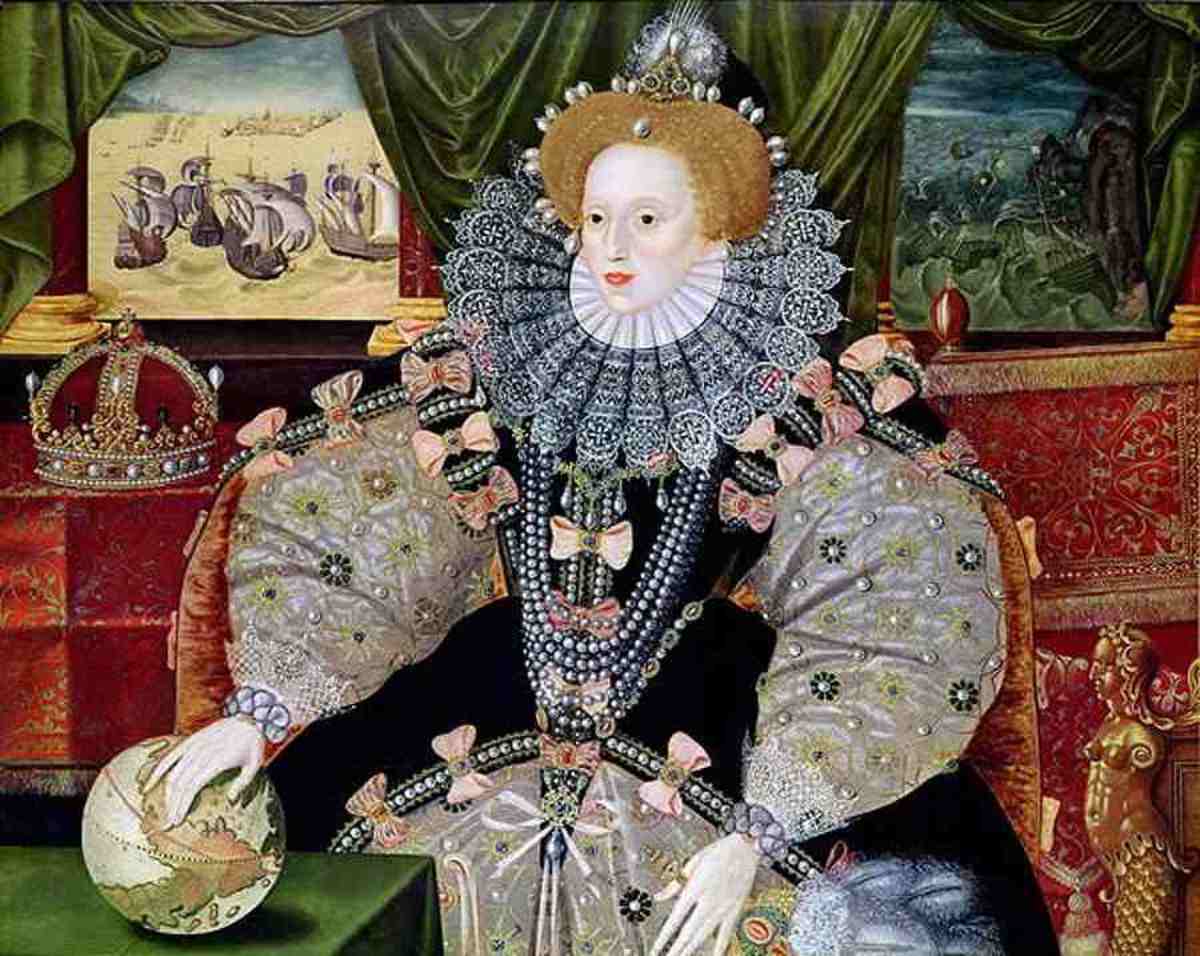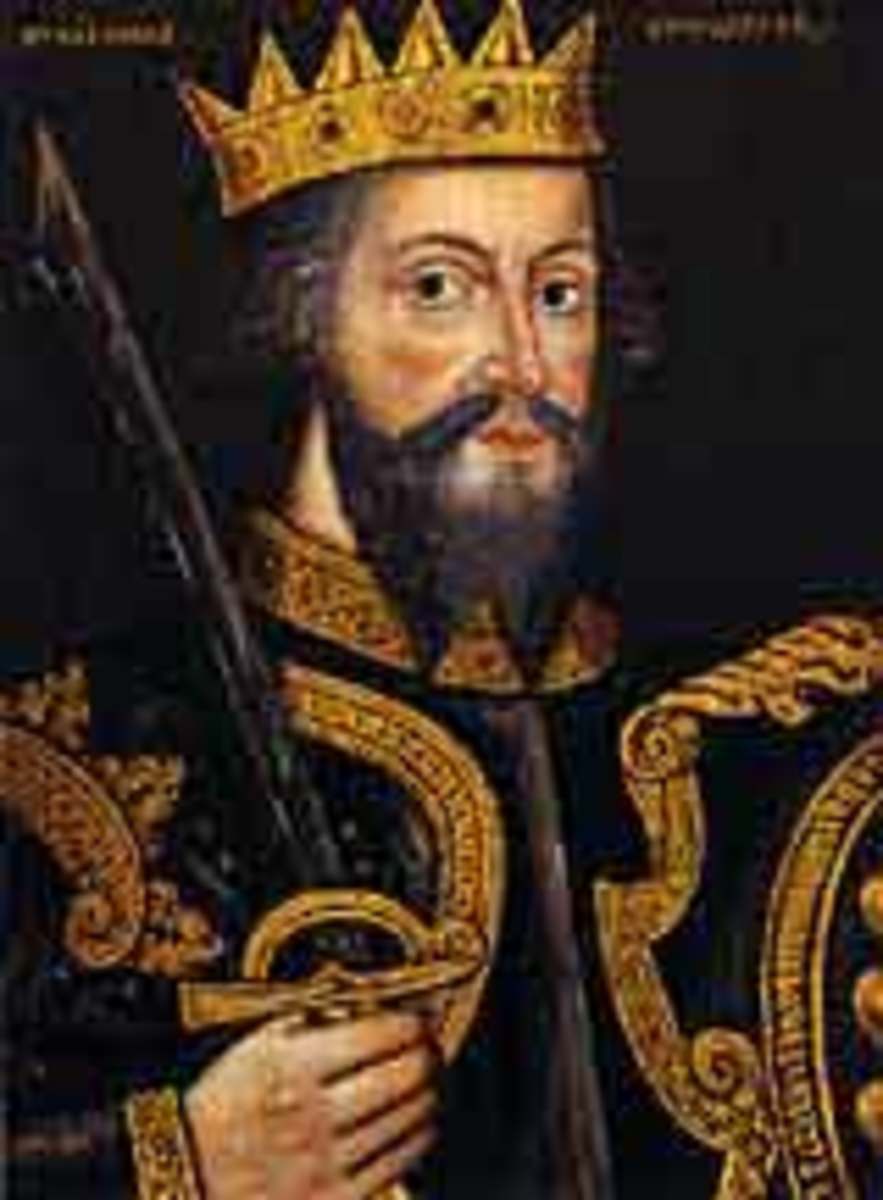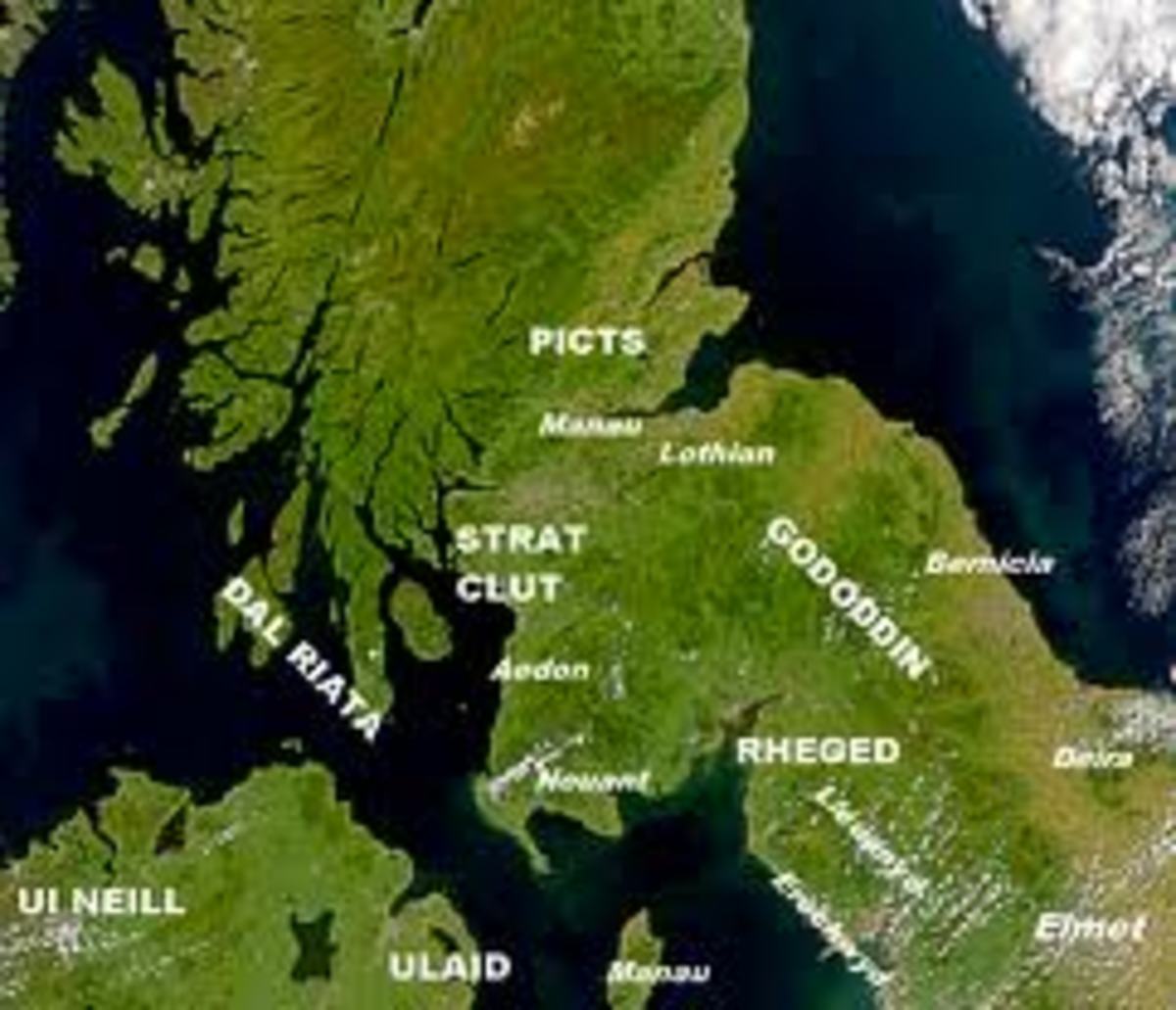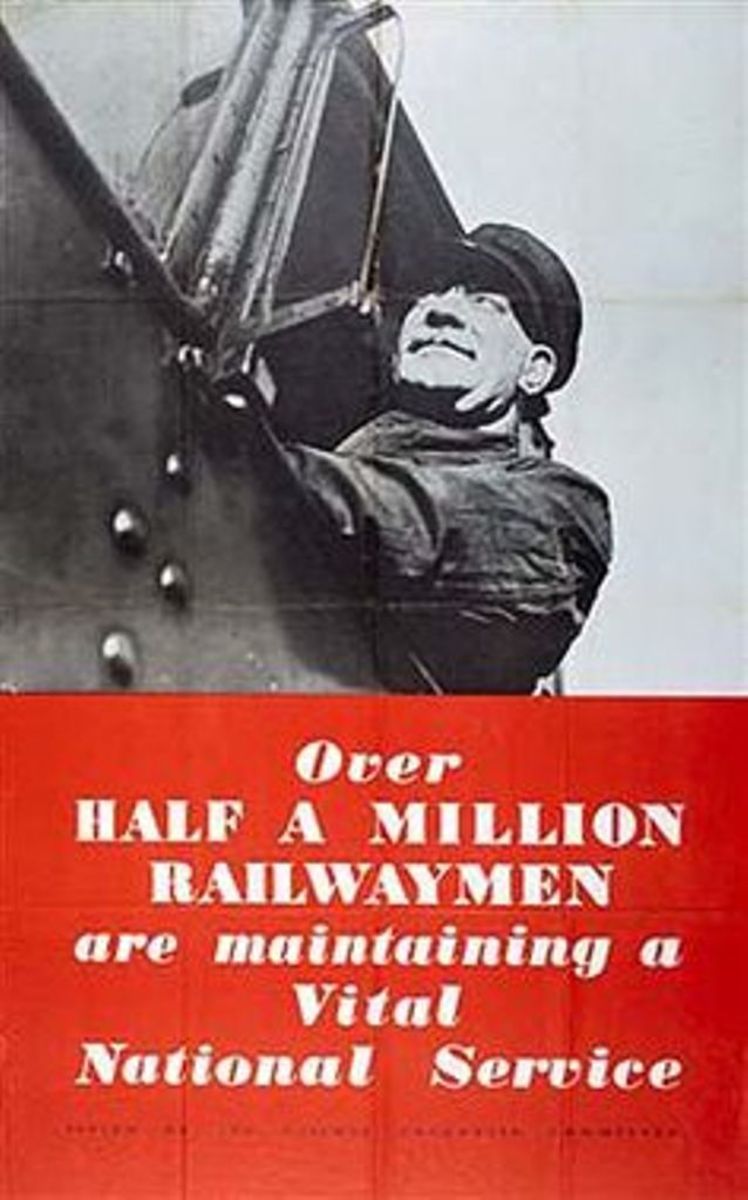- HubPages»
- Education and Science»
- History & Archaeology»
- History of Europe
Henry III, (1216 -1272), king Of England
The Minority
Henry III was just nine years old when his father died unexpectedly in the midst of a civil war between King John's supporters and supporters of the French King's son, Louis, who had plans for the English throne. A minority council governed until Henry was of age and their first act was to organise the English forces. Land victories at Lincoln in May 1217 and at sea near Dover in August 1217, persuaded the supporters of the French Kings' son, Louis to withdraw their support. The civil war ceased when Louis accepted the terms of the Treaty of Lambeth in September 1217 and withdrew to France.
King Henry had a childhood to learn how to rule as until he was 16 the country was ruled in his name. The men who ran the government, especially Hubert de Burgh dealt with struggles for power in the council; rarely was the dirty linen aired in public! Most of the lords did not have lands in Poitou or Gascony and therefore concentrated their energies on running England. Louis had succeeded to his fathers throne and in 1244 he walked into Poitou, capturing La Rochelle and threatening Gascony.. The English made halfhearted attempts to regain the land but in 1259 by the Treaty of Paris, Henry III gave up his claims to Normandhy, Anjou and Poitou and did homage to King Louis for Gascony.
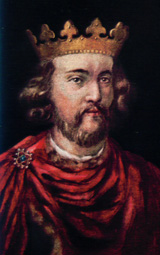
Relations with his magnates
Henry chose to live in England but despite this, the early part of his reign was characterised by intermittent opposition at home. Henry's choice of friends and advisers was not popular, especially as it was to these men that he gave grants and privileges to. Many of these men were not English, they were relatives of his wife or his mother. In 1247 he welcomed his half brothers into his court and their appearance soured the court for the rest of his reign.
The poor relations came to a head over Henry's scheme to take Sicily to endow his second son Edmund. Sicily was offered to Henry by the pope and he accepted it in 1254. However it was not so to speak "vacant possession". Sicily was ruled by Manfred an illegitimate son of the Hohenstaufen Emperor Frederick II, and it came at a price. King Henry agreed to finance the island's conquest but more importantly clear what debt the pope had incurred so far in trying to take the island, amounting to 135,000 marks.

Civil War
The English magnates reacted to the agreement about Sicily by taking the power out of the hands of Henry and passing it to an aristocratic council, similar to the type of rule that had been in place during his minority. For the next few years, Civil War was always imminent and in the spring of 1264 it erupted on one clear question "Was the King free to choose foreigners to be his counsellors?" The rebels were led by Simon De Montfort, Earl of Leicester who was married to the King's sister. He was defeated by Henry's son Edward at the battle of Evesham in 1265.
Towards the end of Henry's reign royal authority was restored, although there was a Charter of Liberties to provide some moderation to the King's powers.
Prince Edward went off to fight in the crusades whilst Henry concentrated on the rebuilding of Westminster Abbey. After his death Henry was laid to rest in his Abbey at Westminster.

